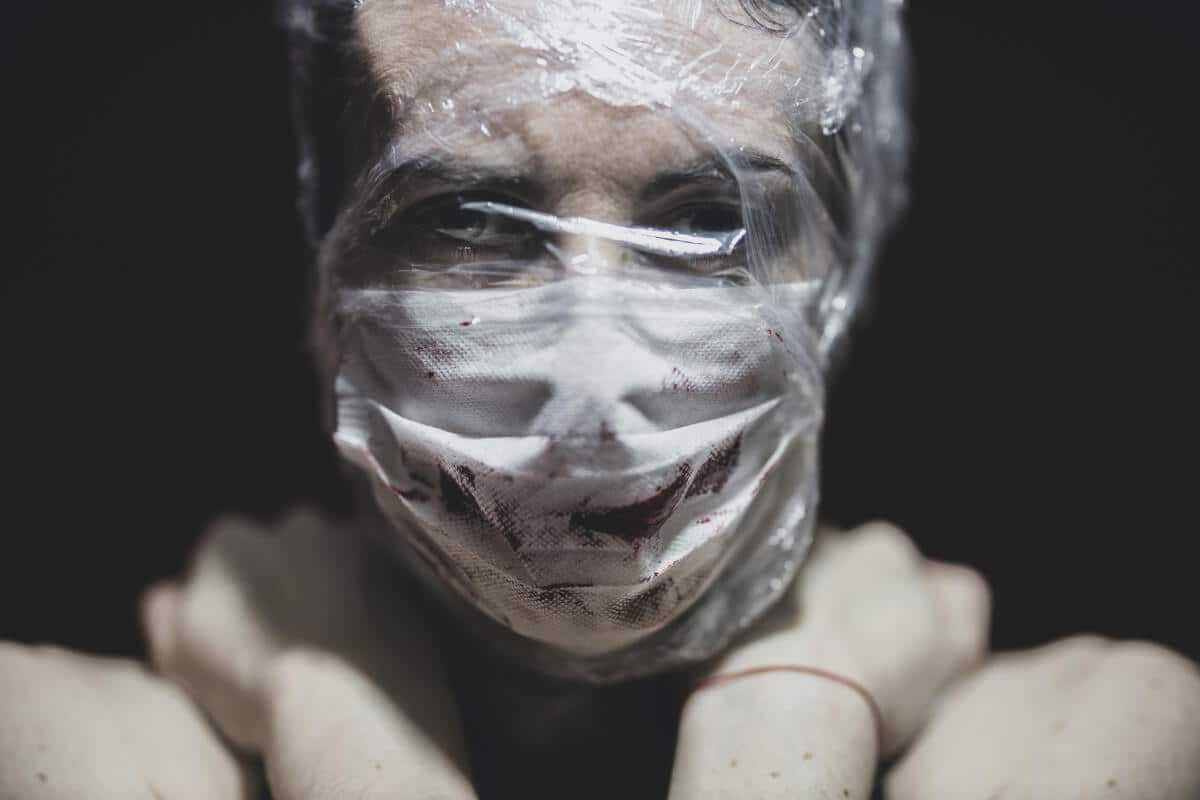Our modern world is a constantly moving place that stops for nobody. From the ever-growing workday to the internet and everything else we currently have access to at the tips of our fingers, humanity has never seen such an addicted time period before.
While drug addiction and alcoholism are widely accepted as addictive practices, the modern world has created a whole host of new things ripe for addiction.
1. Overworking

Many people find themselves obsessed with working long hours in order to keep up with their commercial and consumer needs.
Every second they spend at work means more goods they can enjoy. Some people reach the point where they see every moment they’re at home or doing leisure activities as work-time wasted and lost earnings potential.
2. Fitness and exercise

Statistics on fitness and exercise addiction can be difficult to find because they often co-exist with eating disorders such as anorexia nervosa.
In a 2009 study by Behavioral Neuroscience – a journal that publishes original research articles – it was found that people with fitness and exercise addiction have a similarity to those addicted to drugs.
This was in the manner that their addiction negatively affected their physical health and social wellbeing.
3. Online shopping

Some form of shopping has been a widespread addiction for a long time in the history of humankind.
But the widespread use of online shopping has made it much worse. People can buy anything they want with a few clicks that take just seconds.
While that’s a great thing for some people, for many it’s completely detrimental.
4. Internet

The internet is accessible in most of the world now.
Consequently, we’re starting to see a burgeoning number of internet addicts around the world. Psychiatrists have recently started acknowledging the mood-altering effects of various internet use.
Most specifically this is from pornography, gambling, gaming and blogging. Anything that alters the way we feel has the capacity to become addictive if someone doesn’t like how they feel.
5. Sexual gratification

It’s perfectly normal that humans crave sexual pleasure. We are made that way. But the traditional concept of family is being challenged by the increased frequency of sexually compulsive behavior – much caused by the widespread access of pornography.
Not all psychiatrists recognize this as a “real” addiction. But there is a growing number of self-help groups and recovery centers that help with regaining control of sex addictions.
6. Plastic surgery and physical appearance

Negative body image and other factors such as social media and pop culture have led to many people obsessing over their physical appearance – and looking for ways to change it. Some turn to plastic surgery to buy their way to being accepted by what they think society deems as beautiful on the outside.
The British Association of Aesthetic Plastic Surgeons has stated that some people with body dysmorphic disorder or “imagined ugliness syndrome” view never-ending plastic surgeries as the only way to “cure” it.
7. Television and entertainment

In the UK the average person watches four hours of television per day. This adds up to years of life stagnating in front of the TV.
It’s an addiction that is incredibly hard to spot. Unlike excessive drug or alcohol use, watching your favourite shows and sports at the end of the day isn’t seen as abnormal behaviour.
It only becomes a problem when it starts affecting other aspects of your life and overall wellbeing.
We’re here to help.
Contact us today if you’d like a confidential and free chat with one of our highly-trained professionals.






